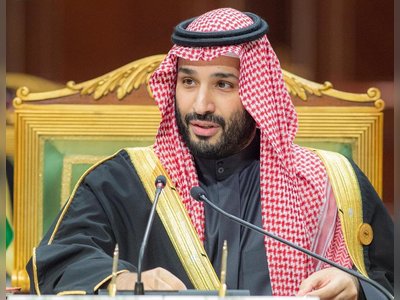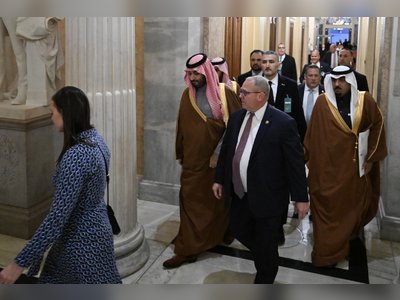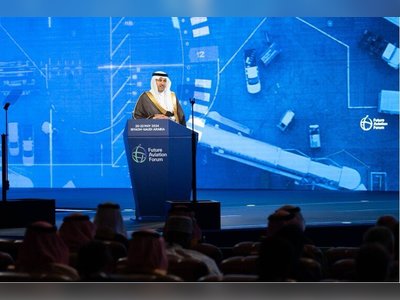
US removes ultranationalist Israeli group from ‘terror’ list
The US State Department has removed the ultranationalist Israeli group Kahane Chai from its list of “foreign terrorist organizations” (FTO), in a move that US advocates had warned could embolden supporters of the Israeli far-right.
In a statement on Friday, the department said it was delisting five groups, including Kahane Chai, as part of a routine procedure to remove inactive organisations from the FTO database in accordance with the Immigration and Nationality Act (INA).
“As required by the INA, the Department reviews FTO designations every five years to determine if the circumstances that were the basis of the designation have changed in such a manner as to warrant a revocation,” the State Department said.
“Our review of these five FTO designations determined that, as defined by the INA, the five organizations are no longer engaged in terrorism or terrorist activity and do not retain the capability and intent to do so.”
President Joe Biden’s administration had confirmed its plans to revoke the “terror” designation of Kahan Chai – originally known as Kach – last week after media reports revealed that the State Department had notified Congress of the decision.
While critics acknowledge that the group – founded by ultranationalist, US-born Israeli politician Meir Kahane – officially has been inactive, they say adherents who embrace its anti-Arab ideology are still operating both in the United States and Israel.
Before establishing Kach in Israel, Kahane founded the Jewish Defense League (JDL) in the US, a hardline pro-Israel organisation linked to several violent attacks on US soil, including the assassination of Palestinian-American organiser Alex Odeh in California in 1985.
“Kach and Kahane Chai splintered into various groups and political parties that continue to espouse, inspire and carry out acts of violence against Palestinian civilians,” said William Lafi Youmans, an associate professor at George Washington University who is working on a documentary about the assassination of Odeh.
“Rather than removing the designation, the State Department should have updated and expanded it. Simply dropping these groups from the list is going to be seen as the United States continuing its light approach towards right-wing violence against Palestinians,” he told Al Jazeera earlier this week.
But on Friday, the State Department emphasised that the move is strictly bureaucratic, not political.
Alongside Kahane Chai, the other delisted groups are Basque Fatherland and Liberty, Aum Shinrikyo, Mujahidin Shura Council in the Environs of Jerusalem, and Gama’a al-Islamiyya.
The State Department also removed six deceased individuals from the US list of “specially designated global terrorists” (SDGT).
“Revoking FTO designations and the delisting of deceased individuals ensures our terrorism sanctions remain current and credible and does not reflect any change in policy towards the past activities of any of these terrorists or of the organizations in which they were members,” it said.
Still, Palestinian rights advocates have voiced concern about the political implications of the decision to delist Kahane Chai.
Kahane, who was elected to the Israeli Knesset in 1984 on a platform that openly advocated for Palestinians to be expelled from their homeland, was killed in New York in 1990. But long after his death, his followers continued to carry out violent attacks.
In 1994, a US-born member of both the JDL and Kach gunned down dozens of worshippers at the Ibrahimi Mosque in Hebron in the occupied West Bank. And in 2001, JDL leaders plotted to blow up a mosque in California, as well as the office of Lebanese-American Congressman Darrell Issa.
Kach has been banned in Israel, but rights activists say the group’s supporters still operate under different far-right organisations in the country – and some of its adherents have gone on to hold public office.
The US added Kahane Chai to the FTO list in 1997. As a domestic US group, the JDL is separate from Chai, but both are part of the same Kahanist movement.
The State Department said Kahane Chai and the other four groups will retain their SDGT designations to “ensure frozen assets are not released to still active individual terrorists”.




